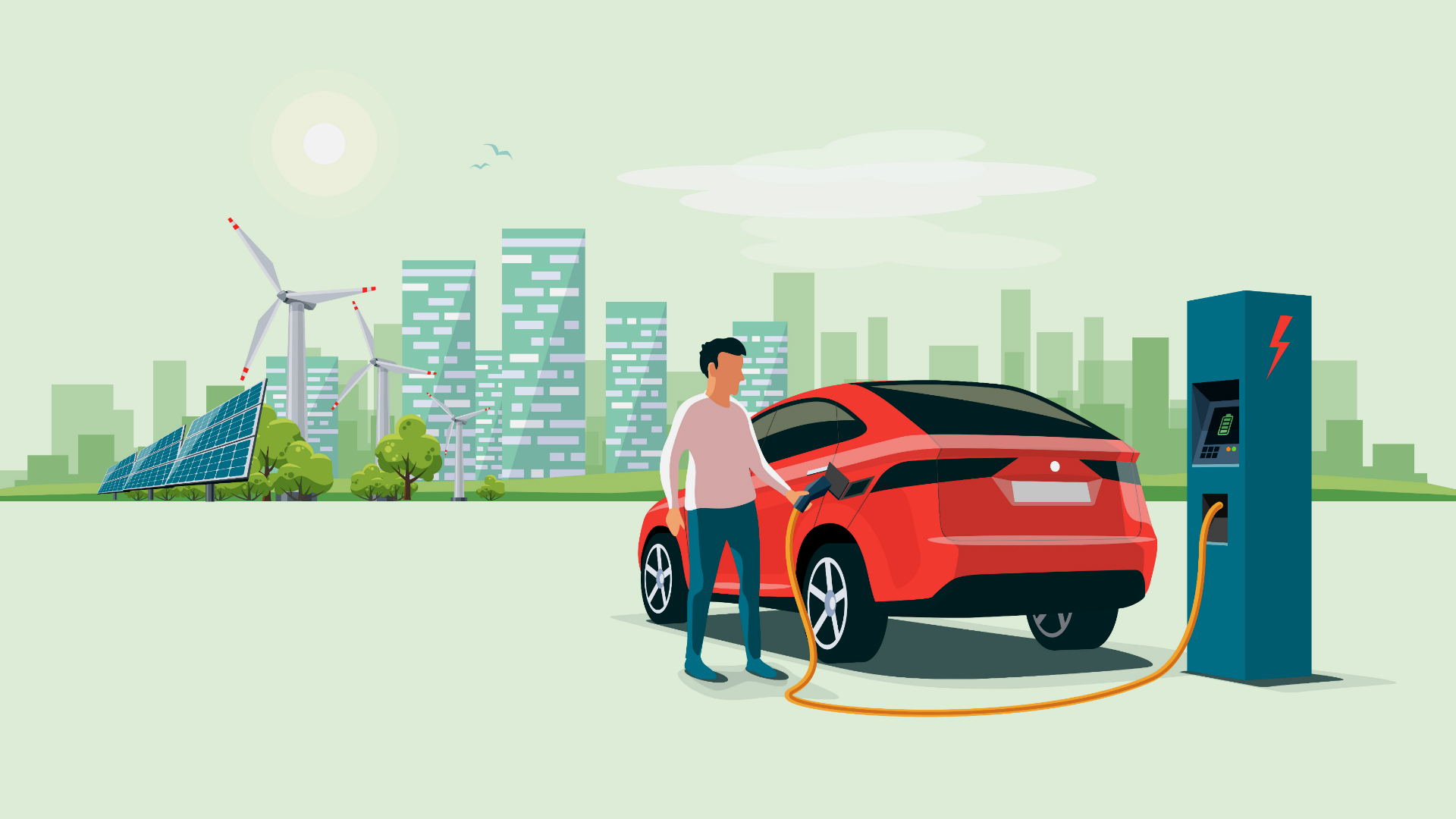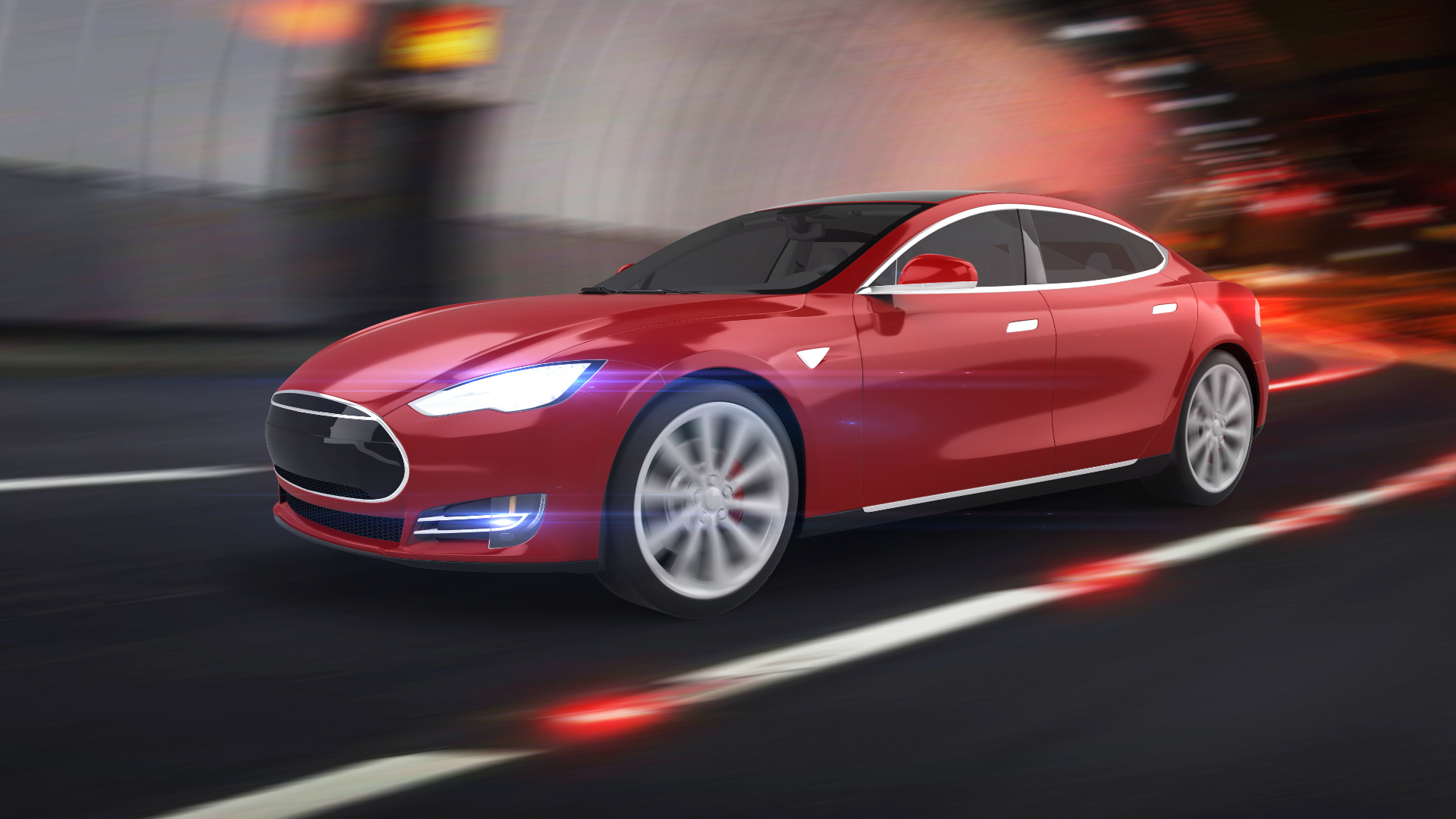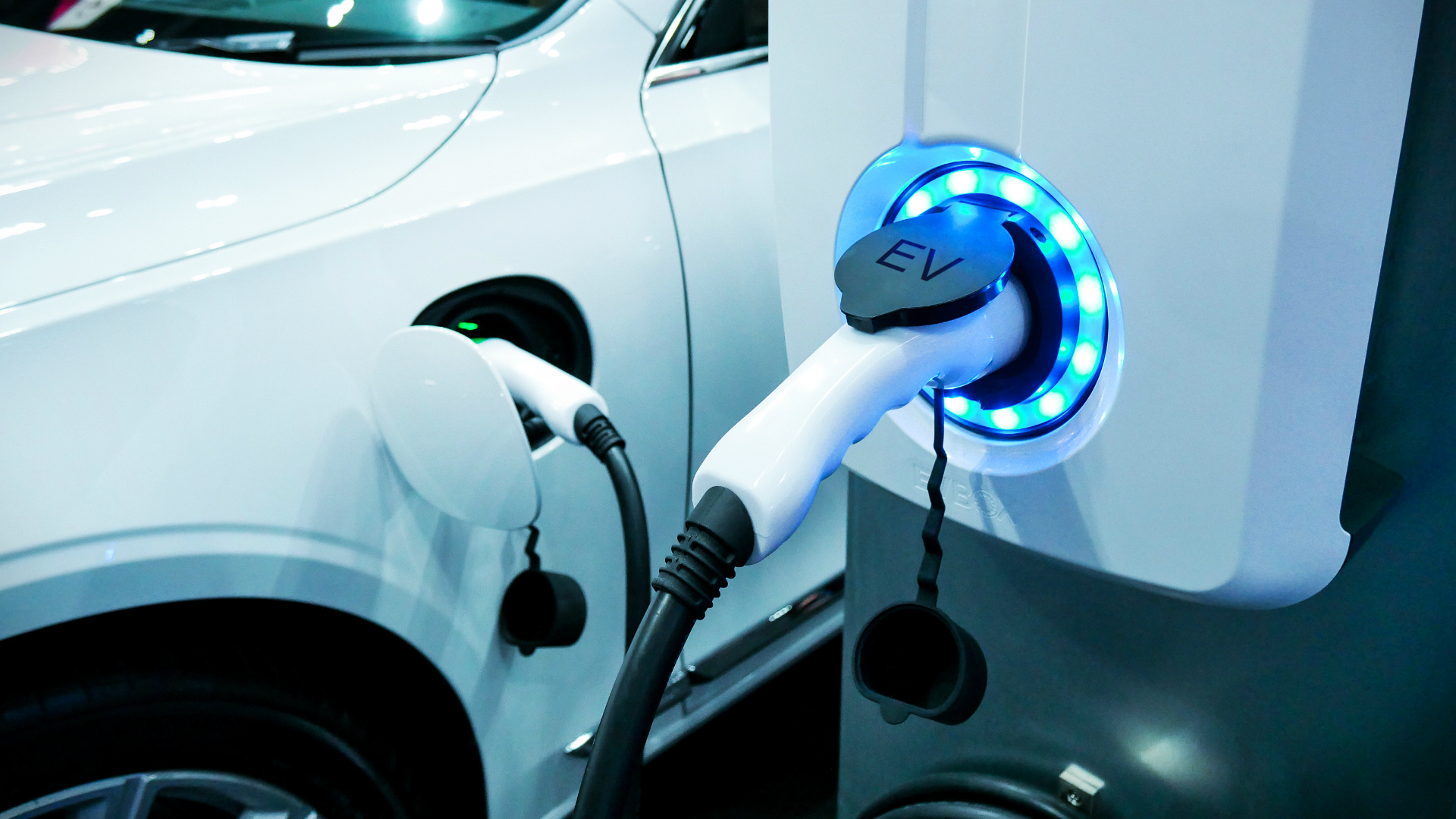The rise of the electric vehicle
Thanks to the ‘Road to Zero’ pledge, by 2030 half of all new UK car sales will be hybrid or electric...

After more than a decade sitting on the fringes, the rise of the electric car is gathering speed. In August last year, one in every 12 new cars sold in the UK was was a plug-in. Across Europe, plug-in vehicle sales were up by a third, and the number of new EVs sold globally by the end of 2018 tipped the 1 million mark. These figures may still be some way off the sale of petrol and diesel cars – around 85 million off, in fact – but it’s gaining momentum.
The UK government has pledged that by 2030, at least half of all new car sales, and up to 40% of new van sales, will be hybrid or electric as part of its ‘Road to Zero’ strategy. By 2040, it plans to end the sale of new petrol and diesel cars, and just 10 years later it wants almost every car on the road to be zero emission. In tandem, traditional car makers – faced with major disruption to their way of working – have jumped on the EV bandwagon, including BMW, Nissan, Toyota, Hyundai, Jaguar and Volkswagen. As fuel prices soar, the appeal of cheaper, battery-powered cars combined with government subsidies have made EVs an attractive choice. Not to mention the environmental benefits.
Yet electric cars are far from new. Scottish inventor Robert Davidson built what’s considered to be the first large-scale “electric car” in 1839. In the decades that followed, developments were made to its technology and design and, in 1897, the first electric taxi took to the streets of London. Nicknamed Hummingbird due to the sound it made, but officially called Bersey after designer Walter Bersey, it was London's first "self-propelled" vehicle and, at its peak, had a fleet of more than 75. As electricity became more widespread into the 1900s, charging became easier and even Ferdinand Porsche, the founder of the Porsche car company, built an electric car called the P1 in 1898.
The Week
Escape your echo chamber. Get the facts behind the news, plus analysis from multiple perspectives.

Sign up for The Week's Free Newsletters
From our morning news briefing to a weekly Good News Newsletter, get the best of The Week delivered directly to your inbox.
From our morning news briefing to a weekly Good News Newsletter, get the best of The Week delivered directly to your inbox.
It was Henry Ford’s 1908 Model T that killed the electric car’s momentum, though. It was half the price of an electric equivalent, and easier to drive. Another nail in the electric car’s coffin came with the discovery of Texas crude oil in 1912, making petrol relatively cheap and abundant. It wasn’t until the 1960s that manufacturers gained a renewed interest in EV technology. A number of concepts were built, and an “electric car” became the first vehicle to drive on the Moon.
The turning point came in 2003. A group of engineers founded Tesla, a company that wanted to prove people “didn’t need to compromise to drive electric.” Its Roadster launched five years later, capable of reaching a range of 350km. More recently, as part of CEO Elon Musk’s 2016 “Secret Master Plan,” Tesla introduced the Model 3 and Tesla Semi truck, said to be able to “save owners at least $200,000 over a million miles based on fuel costs alone.”
These developments created a domino effect. Volvo and BMW have committed to electric, inspired by Tesla’s boom and a shift in consumer trends, by announcing every car they produce from now on will be partially or fully electric. Mercedes is promising the same from 2020. The electric taxi has returned to the streets of London, following the launch of the plug-in TX, and more than 2,600 diesel-electric hybrid buses run through the Capital, making up 30% of London’s fleet and reducing emissions by up to 40%.

But while electric vehicles gather traction, infrastructure is lacking. According to the 2017 English Housing Survey, a third of homes in the UK don’t have off-street parking or places to charge their car. Businesses face a similar struggle accommodating the technology without the necessary expertise. The key lies in using existing infrastructure to plug the gap, while taking advantage of the experts of industry.
Retailers, from shopping centres to supermarkets, as well as workplaces, can partner with energy providers to install charging points without high costs or hassle. E.ON’s EV experts will work with businesses to understand their requirements and plans, and help design the right tailored solution for each business or workplace. Once installed they are fully managed and maintained by E.ON’s 24/7 operation, with a live monitoring system that helps ensure the smooth running of all EV chargers. By 2020, the company plans to have a network of more than 180 Ultra Fast chargers capable of charging a 400km range car in 30 minutes.
The electric vehicle market is on the rise, and will bring with it fundamental changes to the way that we drive and refuel our vehicles. Discover how to capitalise on this with EV charge points in this whitepaper.
It’s an investment that has other far-reaching benefits, too. With 13 million electric vehicles expected on the roads in the coming years, charging points can give customers a reason to choose your business over a rival. As the demand for EVs increases, so too will the need for workplace charging facilities. Forward-thinking businesses that invest in this will be a more attractive employer for prospective staff; increasing staff loyalty by offering charging points in and around the office.
The electric vehicle may also become the preferred choice for a company car, too. The UK government’s plug-in grant offers a discount on the price of brand new low-emission vehicles – up to £3,5000 based on the level of CO2 emissions and zero emission range – meaning a fleet of EVs is a cost-effective investment for a business. These workplaces are more likely to be the fuel stops of the future, replacing traditional filling stations, so adding a charging point can put them on the map.

What’s more, a network of charging points could increase footfall to the surrounding area, helping support communities, and feed into local clean air initiatives. Copenhagen recently installed 320 charging posts capable of supporting 400 electric vehicles as part of its Drive Now scheme. Studies have suggested a single car in this EV fleet has replaced as least six private cars, which has the potential to minimise traffic.
It’s not just the benefit of people using the charging points, either. A recent study from Sustainable Brands found that more than 80% of us consider a company’s corporate social responsibility when recommending brands to others, and almost 90% are more loyal to such brands. Simply having the charging points could boost a business’ reputation.
Beyond customers, seven out of 10 business leaders are adapting their working model to become more sustainable, which includes investing in electric fleets. Since 2011, the government has offered a plug-in car grant, and it pledged an extra £400m in 2017 to reward businesses that make and install charging points. These grants include 35% of the cost of a car, up to £3,500, and 20% of the cost of a van, up to £8,000. A full charge of an electric car typically costs £2 to £4, compared to £13 to £16 when driving the same distance in a petrol or diesel car. Plus, over a four-year period, driving a low-emission car equates to savings of around £3,000 in Benefit in Kind tax.
Going electric may seem complicated and expensive, but it isn’t. If you want to future-proof your business and save thousands in the long term – as well as help save the planet – it could set you apart from the rest.
Learn more about how E.ON is providing electric vehicle charging for business
A free daily email with the biggest news stories of the day – and the best features from TheWeek.com
-
 The Olympic timekeepers keeping the Games on track
The Olympic timekeepers keeping the Games on trackUnder the Radar Swiss watchmaking giant Omega has been at the finish line of every Olympic Games for nearly 100 years
-
 Will increasing tensions with Iran boil over into war?
Will increasing tensions with Iran boil over into war?Today’s Big Question President Donald Trump has recently been threatening the country
-
 Corruption: The spy sheikh and the president
Corruption: The spy sheikh and the presidentFeature Trump is at the center of another scandal